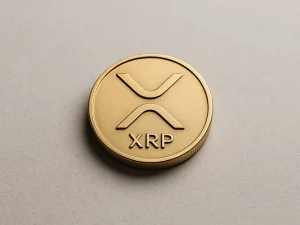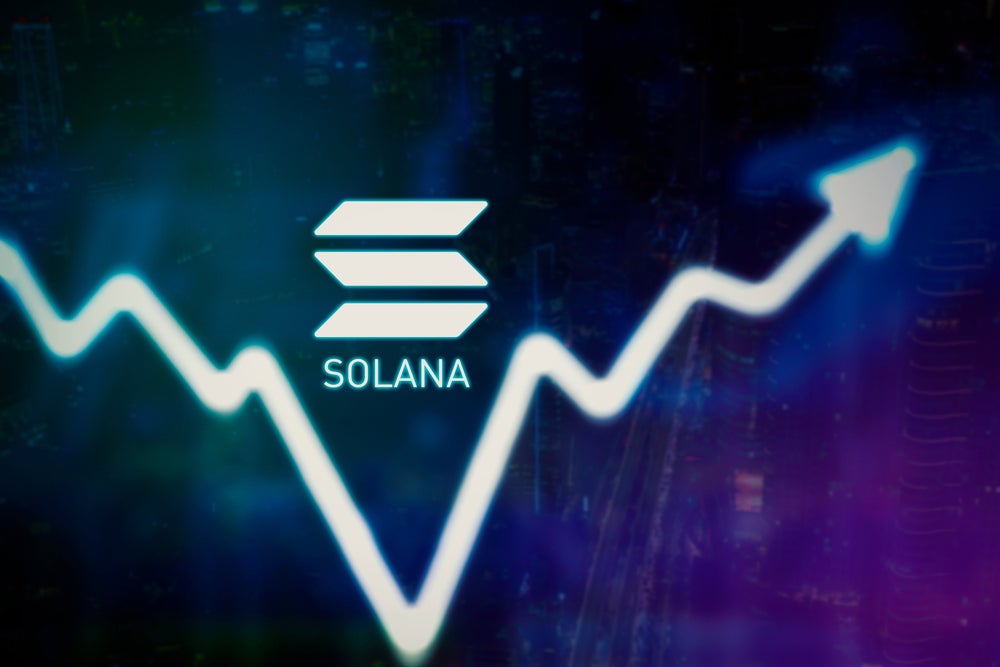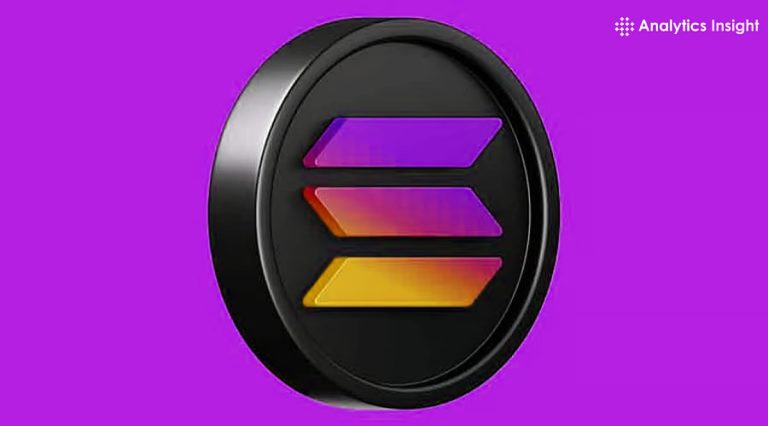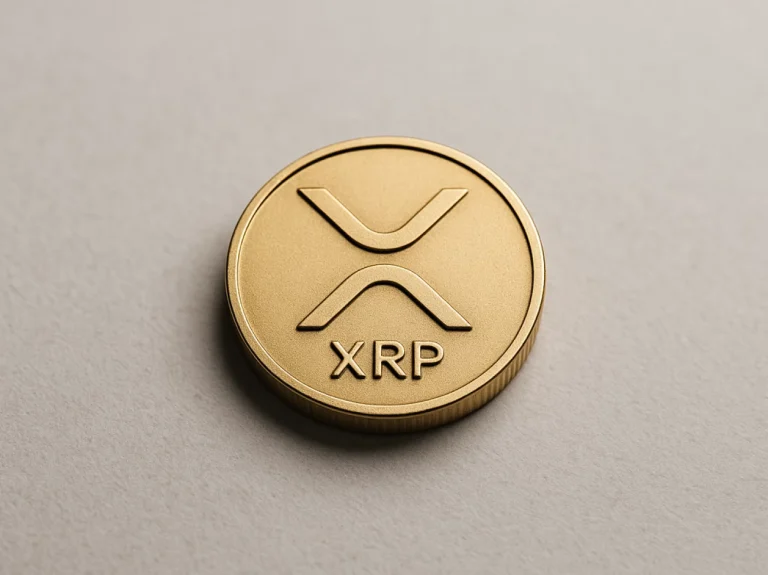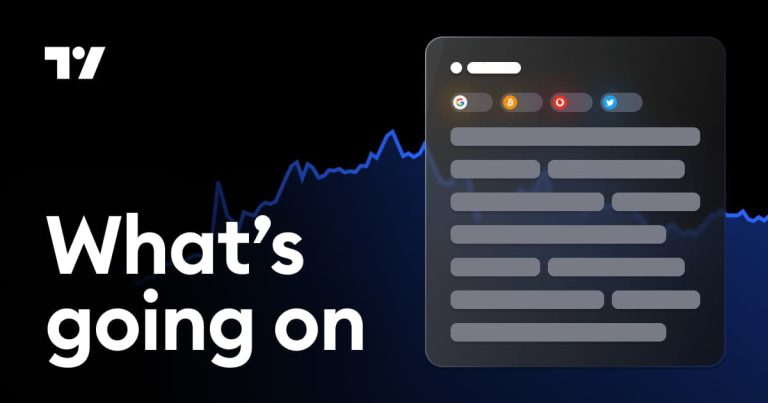A new report by Solidus Labs on Thursday exposed rampant fraudulent activity in Solana‘s SOL/USD meme coin market, identifying that 98.7% of tokens on the decentralized exchange Pump.Fun are involved in pump-and-dump schemes or rug pulls.
Additionally, 93% of liquidity pools on Raydium, another major Solana DEX, exhibit characteristics of soft rug pulls, where creators abruptly withdraw liquidity, severely impacting token prices.
What Hppened: The findings highlight the urgent need for enhanced monitoring to protect traders and crypto institutions from financial, regulatory, and reputational risks.
Solana’s low transaction fees and rapid processing times have made it a hotspot for meme coin trading, but these same features enable scammers to execute fraudulent schemes swiftly.
Pump.Fun, with an average daily trading volume exceeding $100 million, saw over 7 million tokens deployed between January 2024 and March 2025, yet only 97,000 maintain liquidity above $1,000.
The report details how Pump.Fun’s bonding curve pricing model inherently favors token creators, driving prices up exponentially with each purchase and leaving late investors vulnerable to significant losses when creators sell off, as seen in the Gen Z Quant rug pull.
On Raydium, the analysis of 388,000 liquidity pools revealed that 361,000 exhibited soft rug pull traits, with the median rug pull involving $2,832 and the largest reaching $1.9 million.
These schemes typically involve creators funding a pool, attracting traders, and then draining funds for profit, leaving investors with worthless tokens.
The report points toward systemic risks in Solana’s memecoin ecosystem, particularly as meme coins gain legitimacy following the U.S. SEC’s February 2025 statement that they are not securities but volatile collectibles.
Also Read: Judge Dismisses Most Claims Against Tom Brady, Stephen Curry Over FTX Crypto Endorsements
What Experts Are Saying: Chen Arad, co-founder and CXO of Solidus Labs, told Benzinga that the scale of fraud necessitates stronger safeguards.
“The key is transparency, education, and clear guardrails,” Arad said, comparing meme coins to penny stocks in traditional finance where fraud is also prevalent but can be mitigated with the right tools.
He emphasized that blockchain’s public data allows for real-time scam detection, urging institutions to adopt solutions like Token Sniffer, which now covers Solana and offers features like liquidity assurance and token distribution monitoring.
Regulatory scrutiny is intensifying, with the DOJ’s April 2025 memo prioritizing prosecutions of digital asset scams, including rug pulls, and New York State proposing a bill to criminalize such activities.
A class action lawsuit filed in April against Solana DEX Meteora over a $69 million rug pull further illustrates the scale of these schemes.
Arad warned Benzinga about the structural issues on platforms like Pump.Fun: “Conflicts of interest are plaguing DeFi, and often manifest in the relationships between trading platforms and token issuers.”
He advised investors to research platforms thoroughly and use tools like Token Sniffer, which has helped millions avoid losses by detecting scams upon deployment.
The report concludes that crypto institutions must deploy advanced monitoring tools to manage these risks, with Solidus Labs’ Token Sniffer offering real-time alerts to flag fraudulent activity before losses occur.
“It’s no longer a question of if fraud will happen, but whether you’re equipped to detect and respond when it does,” the report states, highlighting the critical role of compliance solutions in securing the future of memecoin trading on Solana.
Read Next:
Image: Shutterstock

